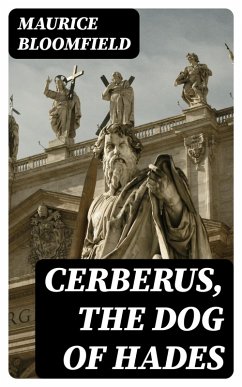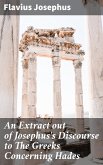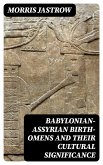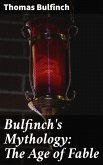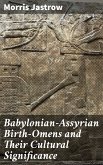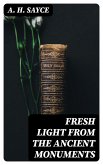In "Cerberus, The Dog of Hades," Maurice Bloomfield masterfully weaves together narrative and scholarship to explore the multifaceted representations of Cerberus in ancient mythology. Employing a mix of lyrical prose and incisive analysis, Bloomfield scrutinizes the cultural significance of this three-headed guardian of the Underworld, situating the creature within the broader tapestry of Greek myths while dissecting its allegorical implications. The book not only illuminates Cerberus's role in mythological texts but also delves into the symbolism of loyalty, fear, and the human psyche's darker corners, presenting a complex portrait that resonates with contemporary themes of identity and morality. Maurice Bloomfield, a prominent philologist, and scholar of Indo-European languages, drew from his extensive expertise in mythological studies and linguistics to forge this intricate narrative. His academic journey, marked by a fascination with ancient texts and folklore, influenced Bloomfield's perspective, allowing him to infuse his work with both depth and emotional resonance. This blend of scholarship and narrative serves to invite readers to reflect on the myth's significance through various interpretative lenses. "Cerberus, The Dog of Hades" is an essential read for those seeking deeper insights into classical mythology and its ongoing reverberations in modern culture. Bloomfield's engaging prose and thorough research not only appeal to students of literature but also captivate general readers curious about the timeless struggle between light and darkness in the human experience.
Dieser Download kann aus rechtlichen Gründen nur mit Rechnungsadresse in A, B, BG, CY, CZ, D, DK, EW, E, FIN, F, GR, H, IRL, I, LT, L, LR, M, NL, PL, P, R, S, SLO, SK ausgeliefert werden.

